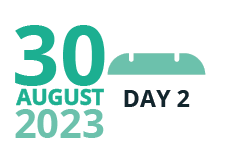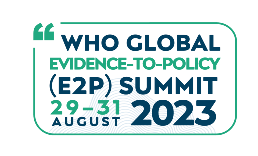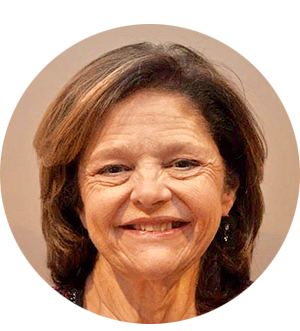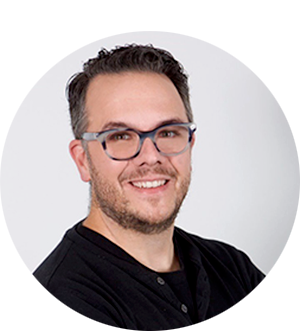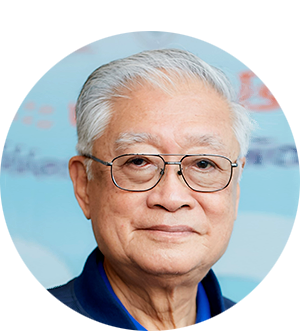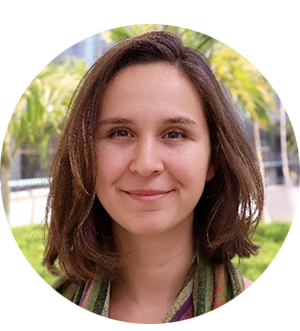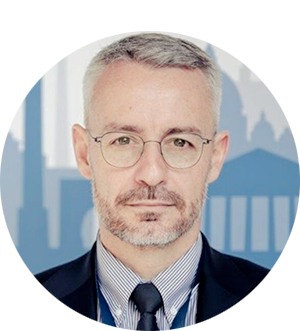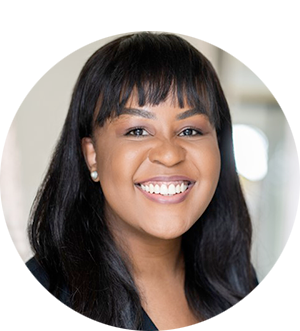Imagine that citizens had the opportunity to work in partnership with the very groups that government policymakers, organizational leaders and professionals rely on for evidence synthesis and support. Here’s what that would mean. Citizens would be members of the teams that respond to questions from decision-makers. Citizens would be able to ask the questions that are important to them, and other citizens like them, and be part of the teams that also answer questions from citizens. Citizen voices would be informed by the best available evidence and their values and lived experiences would be channeled directly to those who can act on these insights.
In this session, we are diving into ways of engaging citizens in evidence-informed policy-making from around the globe. It will provide a platform to reflect on the diverse experiences of citizen engagement for deliberative purposes, such as citizen panels, juries and mini-publics, and how trust in science is managed within this context. The session will delve into various approaches and best practices that have been utilized to promote meaningful citizen participation, enhance public understanding of scientific evidence, and foster trust in the scientific community. Participants will gain valuable insights into how trust in science is built and maintained and how citizen engagement can contribute to evidence-informed policies. Among others, the session will unpack key learnings from the WHO guidance paper, “Implementing citizen engagement within evidence-informed policy-making: An overview of purpose and methods,” and a forthcoming guide.
This session is hosted by three groups working together to ‘put evidence at the centre of everyday life,’ including Cochrane (the world’s largest producer of evidence syntheses and home to the Cochrane Consumer Network), the Global Commission on Evidence to Address Societal Challenges (with one if its three implementation priorities being ‘putting evidence at the centre of everyday life,’ which is being overseen by the Citizen Leadership Group), and the World Health Organization’s Evidence-informed Policy Network (EVIPNet) with its new work on Citizen Engagement in Evidence-informed Policymaking.
Key questions and session highlights
What strategies have organizations applied to engage initiatives that promote citizens-backed evidence?
How can citizen engagement contribute to evidence-informed policies?
How do different organizations manage (dis)trust in science?
![]()
Interactive session
Citizen participation: engagement strategies for deliberative processes to foster trust in science
Participants will have the opportunity to identify and discuss tools and their potentialities for citizen engagement in deliberative processes, such as in citizen panels, juries and mini-publics. These processes are key for evidence-informed policies as giving citizens voice, increasing accountability, transparency and societal trust. Participants will also be asked to highlight key-topics for a learning agenda and health topics that would particularly benefit from citizen deliberation.
The collective reflection and insights from the session will be captured using digital interactive whiteboards. This will ensure a comprehensive record of the participants’ appraisal and contribute to a rich and diverse body of knowledge on evidence-informed policy-making.
Key questions and session highlights
What are the benefits of tools/methods for citizen engagement for deliberative purposes? What are the challenges perceived?
What are key-topics of interest for further learning around citizen engagement in deliberative processes?
For which health topics would it be particularly appropriate and/or important to deliberate evidence with citizens?

